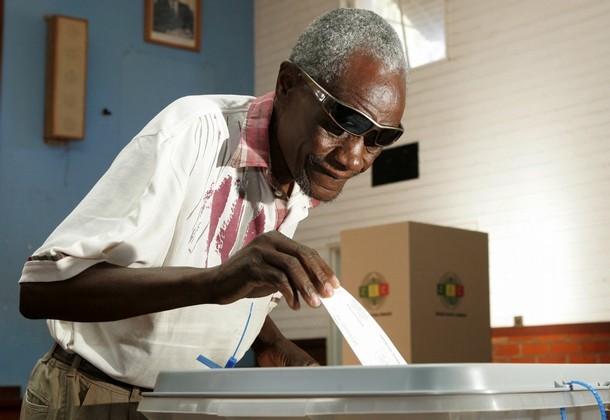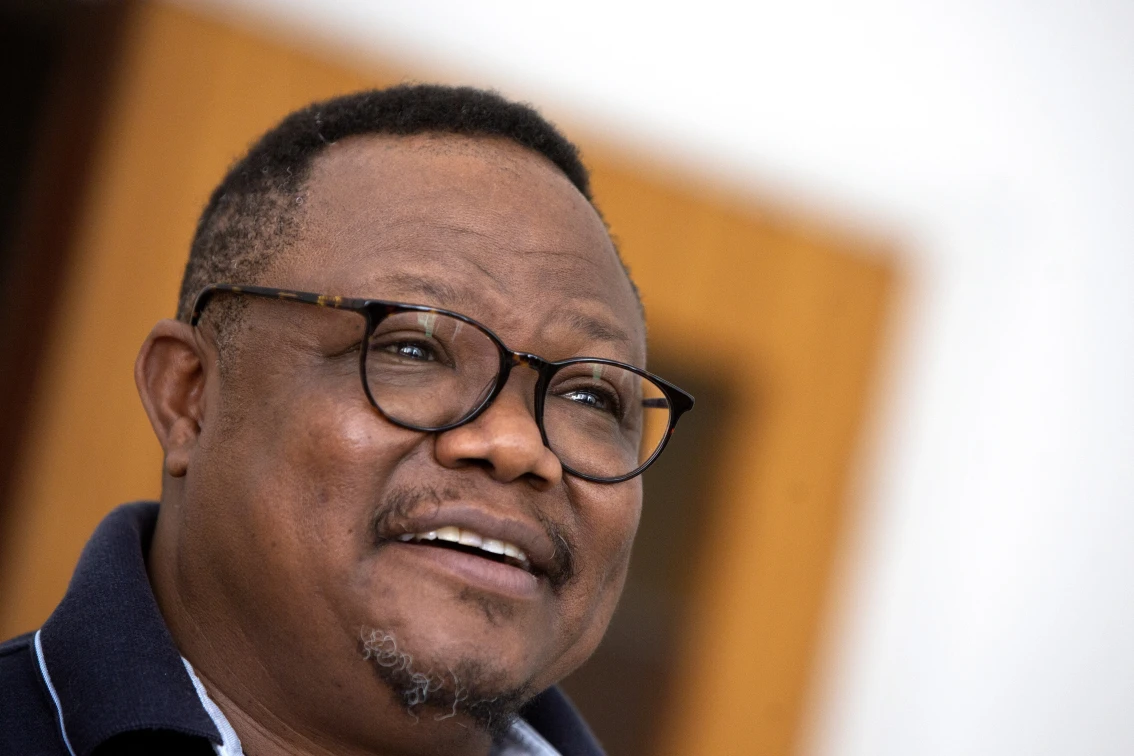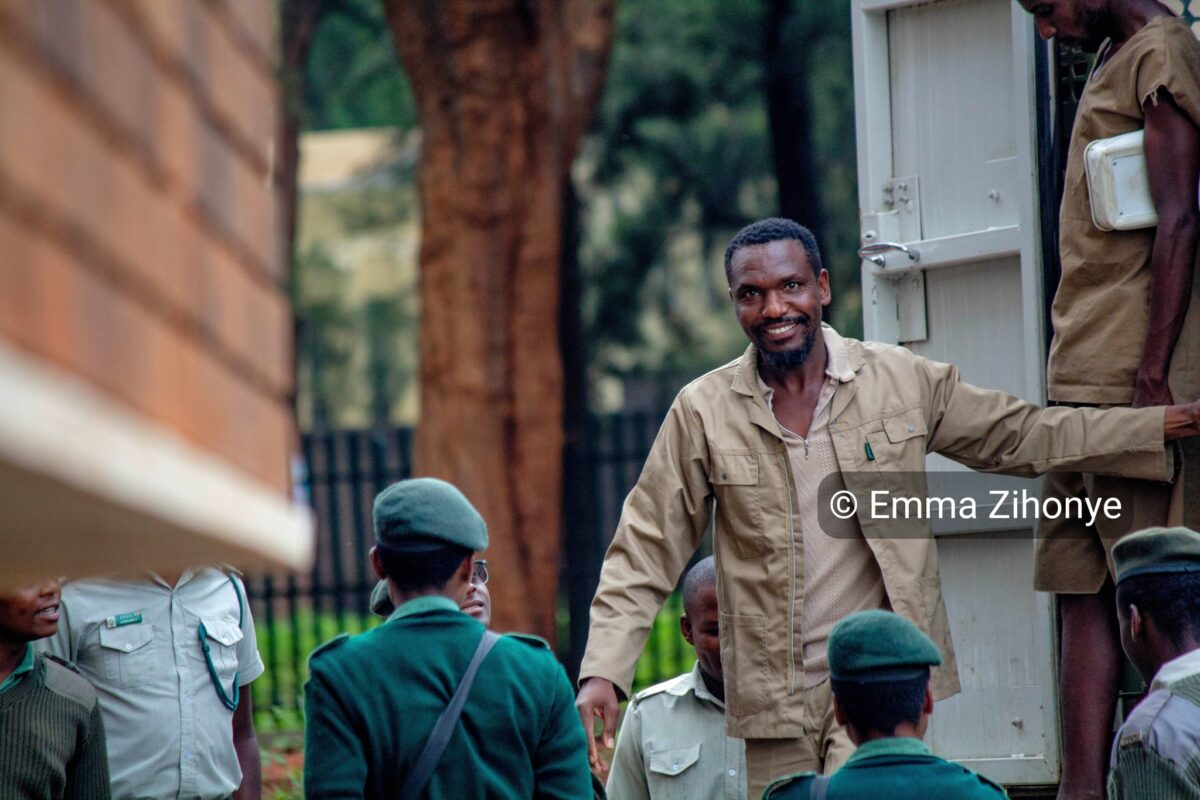BULAWAYO – THE MDC-T party led by Thokozani Khupe is appealing to the Zimbabwe Electoral Commission (ZEC) and government to cover both the cost associated with the training and deployment of polling agents across the country.
The country now has close to 11,000 polling stations for the July 30 elections, where concerned political parties must deploy at least two polling agents at every centre.
This means each party is supposed to deploy at least 22,000 polling agents, which is a costly exercise.
According to Section 84 of the Electoral Act, absence of polling agents whether at the opening and closing of ballot boxes shall not prevent the electoral officer concerned from proceeding with counting of the votes.
Because of this provision, Khupe’s party is appealing to the government to not only train but deploy polling agents at all the stations, as it has the capacity to do so.
Addressing the Bulawayo Press Club last Saturday, Khupe said her party did not have the financial capacity to deploy polling agents across the country due to the logistical costs associated with their deployment.
She confirmed the party would write to ZEC to express their concerns on polling agents because their role in an election was crucial.
“For us the matter of the polling agents is important because unlike observers who just watch and not take action, polling agents are monitors who can stop an electoral process if they see something wrong. We don’t have capacity to train and deploy polling agents because the costs are too much. The law says we must have at least two polling agents but ideally it is supposed to be three polling agents, one inside the voting room, one outside and another 100 metres around the centre so in total that is 33,000. As a party we have to cater for their transport, meals and their deployment which can require around US$1 million,” she said.
“We’re aware political parties cannot raise objections related to legal reforms as defined in Section 157 (5) of the constitution since the election date is near but this matter of polling agents is not legal in nature.”
The MDC-T leader argued that ZEC should undertake both training and deployment or polling agents because as a government arm it could access funds from developmental partners.
“ZEC can train polling agents but their deployment is not provided for by the law. We’ve never had as many as 11,000 polling stations and as a party we don’t have the capacity of deploying 22,000 polling agents as required under these circumstances,” Khupe said.
“As MDC-T, we’re therefore calling upon government to see to it that it covers the cost of both the training and deployment of polling agents because as political parties we cannot be seen soliciting for money from donors to foot that bill on behalf of government.”
She added that undertaking the deployment exercise was in the interests of ZEC and government which should be seen wanting to run credible elections.
















